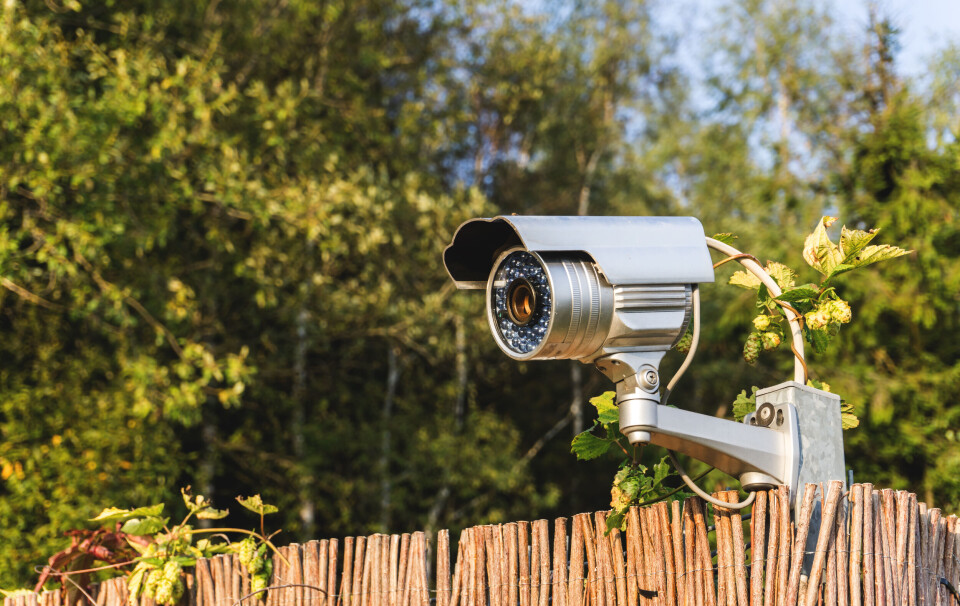Viager home sales rising in France as
owners look to release cash
The system allows people to unlock the capital of their home
A traditional viager sale involves a person selling their home and obtaining a lump sum and a lifetime rental amount but keeping a right to live in it until they die
E. Spek / Shutterstock
Sales under the viager system – a way of unlocking capital – are increasing in France, claims one of the country’s specialist brokers in the field.
Official figures for viager sales are difficult to come by because they are not separated out from other home sales.
However, Renée Costes, a long-established viager estate agent and broker, based in Paris, said that the firm’s figures from the fourth baromètre du viager et de la nue–propriété show 6,000 last year, compared with 4,800 five years ago.
A traditional viager sale involves a person selling their home and obtaining a lump sum and a lifetime rental amount but keeping a right to live in it until they die.
These represented 66% of transactions in the survey – one that also included other similar models, including selling outright the nue-propriété (residual legal ownership) for a lump sum, while keeping the usufruit (legal lifetime right of use).
In total, Renée Costes says the deals totalled €1.1billion in 2024.
Deals were firstly around the Paris area (23%) and the Riviera (13%), with Nouvelle-Aquitaine also accounting for 12%, Occitanie 10% and Auvergne-Rhône-Alpes nine per cent.
The market was made up of 55% houses and 45% flats. Only 12% of deals were for properties worth more than €500,000.
The survey showed that 63% of sellers had children, with 21% of those saying the main reason for the sale was to make a cash gift to their children or grandchildren at important stages of their lives.
In most of these cases, children were involved in the decision.
For buyers, the average return on investment was 6.8% a year, and the average wait until the seller died and they got full use of the property was 14 years and three months.




























